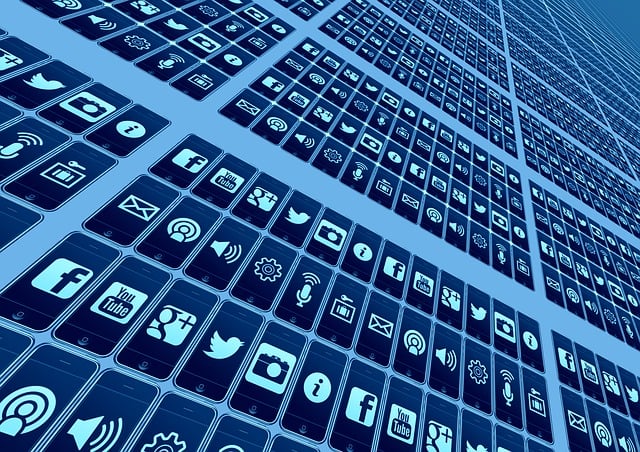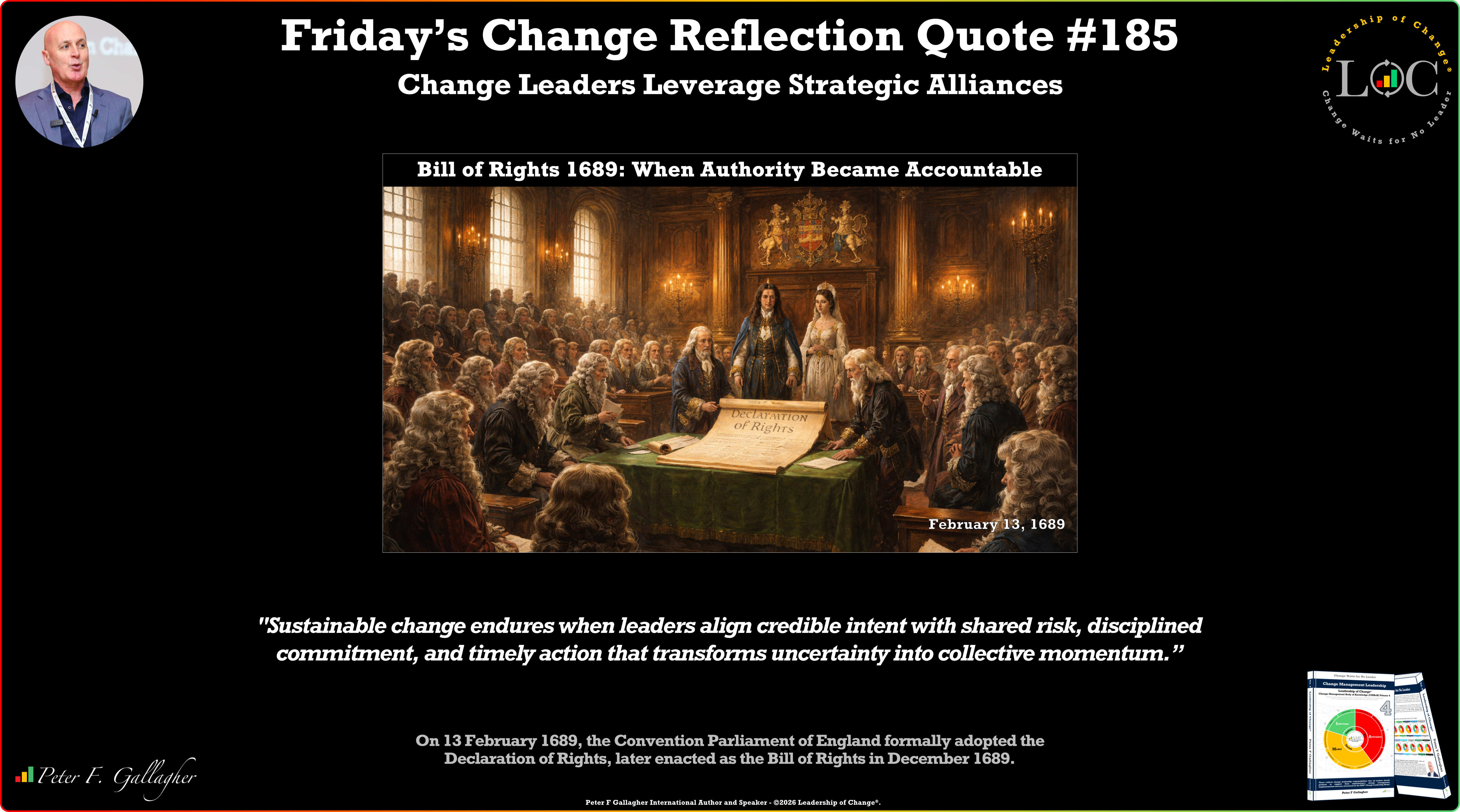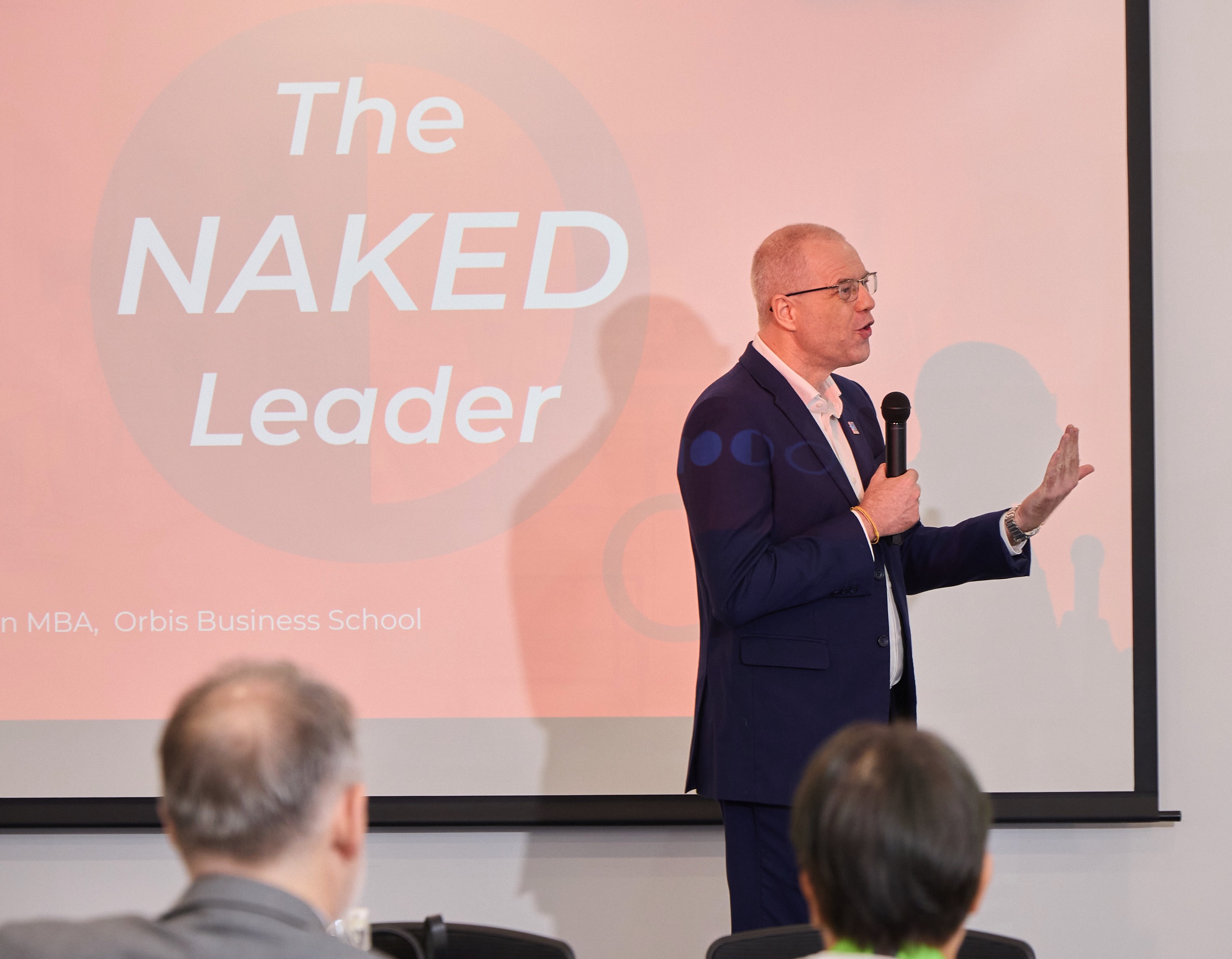Nov08

In today’s digital world, consumers expect more than standard products—they want experiences that reflect their preferences, values, and lifestyles. Product personalization has become crucial for brands seeking to stay competitive and form meaningful connections with customers. A report from McKinsey & Company found that 71% of consumers expect personalized interactions with brands, and companies that excel in personalization could see 40% higher revenue growth than those that don’t. Personalization not only boosts satisfaction but also drives loyalty, with 78% of consumers more likely to make repeat purchases when they feel a brand truly understands them.
Several emerging trends are redefining product personalization, giving brands exciting new ways to deliver tailored experiences.
AI has advanced personalization by enabling real-time responses to customer behaviors and preferences. With AI-driven recommendations, brands can offer dynamic, highly relevant suggestions. According to Gartner, by 2025, 75% of customer interactions will be powered by AI, providing deeper, more precise personalization at every stage.
Immersive technologies like AR and VR let customers visualize and customize products in their own spaces before buying. PwC projects that by 2025, AR and VR in retail could generate $1.5 trillion, driven by customers’ desire for interactive engagement with products—from apparel to home decor—in realistic, virtual settings.
Personalization is also increasingly aligned with sustainability. IBM research shows that 78% of consumers prefer to buy from brands with a sustainability focus, especially those offering eco-friendly customization. By 2025, personalization is expected to empower customers to choose sustainable materials or production methods, creating loyalty among eco-conscious consumers.
With growing privacy concerns, brands are moving toward first-party data to ethically personalize experiences. Deloitte estimates that by 2025, 85% of brands will prioritize first-party data. Using this approach allows brands to personalize interactions without compromising privacy, building trust and reinforcing loyalty.
Several brands and events are pioneering personalization through technology and immersive experiences:
Digital Fashion Week: This annual event showcases virtual fashion collections, enabling brands to personalize digital wearables for global audiences. With AR and VR, brands create interactive runways where consumers can visualize and even try on digital fashion, making it a highly personalized experience.
L'Oréal’s Virtual Makeup Try-On: Leveraging AR, L'Oréal allows customers to “try on” makeup virtually through their app. This feature lets customers experiment with various looks in real-time, increasing satisfaction and reducing returns.
The Coca-Cola Freestyle Machine: In the food and beverage industry, Coca-Cola’s Freestyle machine allows customers to mix and match flavors, creating a unique and personalized drink experience that has proven highly popular.
Epic Games’ Metaverse Experiences: Through collaborations with brands, Epic Games allows customers to personalize digital assets within the metaverse, from virtual fashion items to in-game avatars, creating engaging, customized experiences in real-time digital environments.
As we look toward 2025, personalization will continue to evolve, driven by increasingly advanced technologies and the growing demand for tailored, meaningful experiences. Brands that integrate personalization ethically and sustainably, while using data responsibly, will be best positioned to thrive in the digital economy.
Product personalization is more than a trend—it’s a strategic approach to building deeper, more meaningful relationships with customers. By investing in advanced personalization technologies and prioritizing a customer-centric approach, brands can create memorable experiences that drive both loyalty and growth. As we move forward, the question isn’t if personalization is necessary, but how far brands are willing to go to deliver tailored experiences that truly resonate with their audiences.
By Andres Leon
Keywords: AR/VR, Metaverse, Retail
 Testing Suez: Economics Are Driving Carriers Back Into the Red Sea
Testing Suez: Economics Are Driving Carriers Back Into the Red Sea Mastering Social Media in 2026: Optimizing Networking and Advocacy for the Digital Age
Mastering Social Media in 2026: Optimizing Networking and Advocacy for the Digital Age Friday’s Change Reflection Quote - Leadership of Change - Systemic Change Follows Failed Governance
Friday’s Change Reflection Quote - Leadership of Change - Systemic Change Follows Failed Governance Who Are You Under Pressure - And Is That the Real You?
Who Are You Under Pressure - And Is That the Real You? LinkedIn Voice for Sales
LinkedIn Voice for Sales